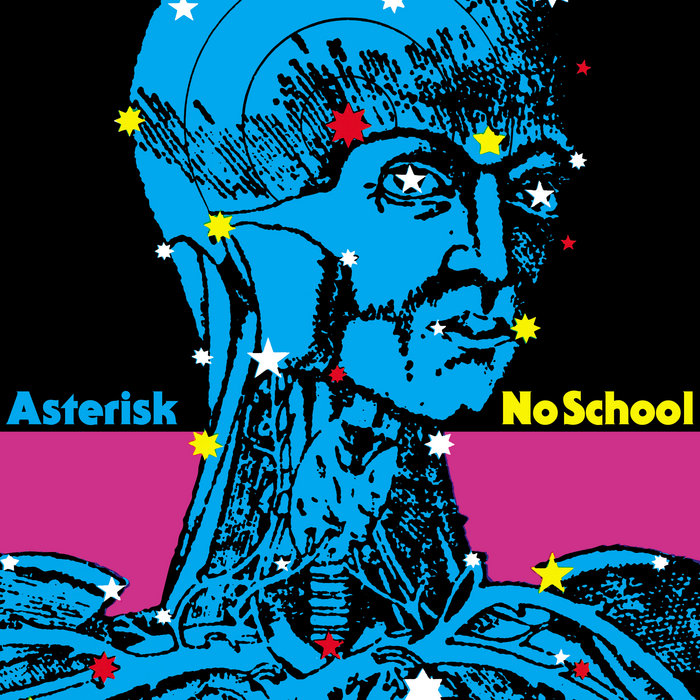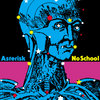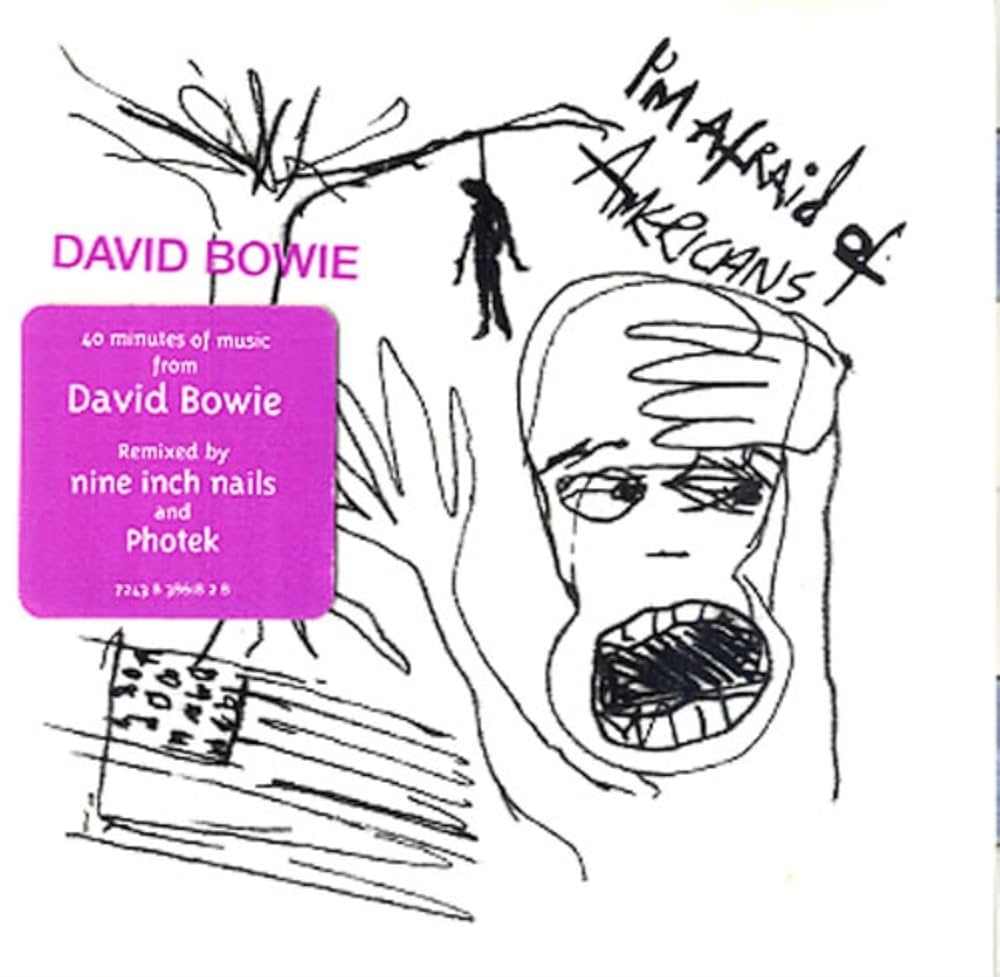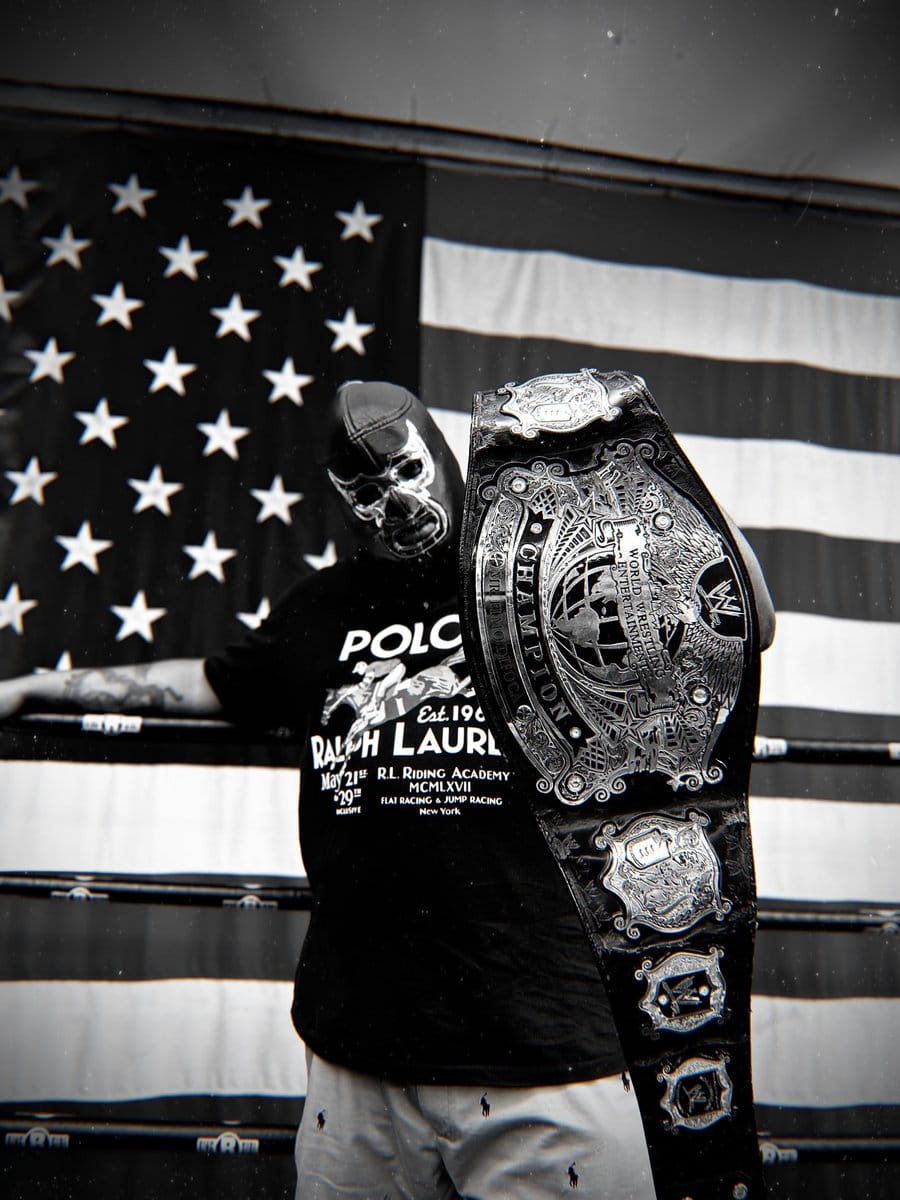As Asterisk, Greg Davis Fulfills A Hip-Hop Producer Dream
The veteran avant composer pivots to indie rap world. +reviews of Fatboi Sharif & Driveby, shemar


Asterisk didn't start out as a hip-hop project for multi-instrumentalist Greg Davis. In fact, his initial credits under that particular moniker some two decades ago skewed rather close to the acclaimed avant-electronic compositions he released under his real name via leftfield labels like Carpark and Kranky. He more or less abandoned it, along with the very notion of pseudonyms, not long after the arrival of 2002's Arbor and its elaborate laptop guitarscapes.
"I wasn't going to have an alias," Davis says from about that principled decision "I didn't want it to pigeonhole me into one type of music or make it sound dated."
As with so many decisions made during one's righteous youth, it didn't last. The Vermont-based artist started making beats "for fun" ten or so years ago, inspired both by modern underground producers as well as those admired from his Golden Age youth. (This somewhat parallels the recent hip-hop informed efforts by guitarist Jeff Parker, a key part of the Chicagoan post-rock scene Davis communed with during his days at DePaul University's music school back in the 1990s.) He concurrently consumed records by Shabazz Palaces and Armand Hammer, rediscovering a genre he'd lost interest in somewhere around the so-called Shiny Suit Era. "That made me dig into all the micro scenes and just try to find more stuff that I liked in that vein," he says.

Eventually, the need to differentiate this aspect of his work from the rest of his existing and expanding catalog grew unavoidable. "Asterisk is denoting something that's like a little footnote that you got to go look in the liner notes for," he explains, though nothing on No School or its instrumental predecessor We're Gonna Fly Away, both released on his own Autumn Records imprint, feels like musical marginalia. With guest vocalists comprising a broad selection of the rap underground's dopest, from respected scene elders Myka 9 and Open Mike Eagle to outlandish emcees Lungs and Andrew Mbaruk, his new album offers a refreshingly cohesive yet sonically subversive take on what's happening now.
Even still, putting together a record like No School diverged from his prior practice considerably. "I'm sure you've talked to other producers who've done this kind of project: it takes forever," Davis says, citing a sort of labor markedly different from his usual mode of operations. "I have 20 emcees on my record, so I'm just trying to manage all the parts and pieces–to not be an asshole, but trying to stay on them a little bit."
Once he finally had everything in hand, he spent additional months on tweaking the instrumentals in response to the vocals, adding transitions and other sonic elements as well as doing the mixing. He then reached out to Paul ''Willie Green'' Womack, a mastering go-to guy for Backwoodz Studioz projects as well as ELUCID's 2024 album Revelator, to help get No School over the proverbial finish line. Though he'd mastered plenty of his own solo albums, Davis wanted to ensure the album could sit beside those indie rap records he'd been enjoying as a listener. So he made the trip down to New York to do the session in person at Green's studio.
"Mostly I just wanted to pick his brain and see how he does stuff and learn from him," he says of Green, with whom he felt a certain kinship as music school grads who could nerd out about both music software and NBA basketball. "His mastering process is so dialed in and he's so quick with everything. He knows how to get the sounds he wants immediately."
After the lengthy process of making No School, Davis insists he needed the pressure of studio time with Green on a set date to wrap things up at last. "It was so good to have another set of ears on it that isn't so deep into it," he says. "After you've worked on a project for so long, at a certain point you don't even know what you're hearing anymore, because you've listened to the record thousands of times. You're making all these micro decisions like, does this even matter anymore?"

Well into his forties, Davis' years of innovative sound design coupled with a near-lifelong love of hip-hop positions him differently from others more closely connected to the communities No School's featured rappers represent. His experience from a discrete realm of independent music meant that most, if not all, folks he hit up for the project weren't familiar with his discography. "If they did some research, they would've found out," he says, unbothered by his name not carrying all that much weight in what he described as, at times, transactional exchanges. "It's cool to step foot in a totally different scene and see how it's similar to the other scenes that I've traveled in."
Concerns about outsiders or interlopers have long put Black and brown artists in the genre on alert, and the relative ease of the digital age means only heightens that. Davis accepted that reality when some email or direct message exchanges weren't exactly free-flowing creative dialogues so much as files-and-funds transfers. Yet he found many rappers who made it onto No School amenable to a more artistic collaboration, . "I feel like I made some new buddies in the process," he says. "And I connected with a bunch of other people too who aren't on the record, just kind of getting myself in that indie hip-hop world."
Yet whether or not No School gets accepted both by his existing fanbase and a new set of hip-hop listeners, Davis has no plans to stop producing as Asterisk. He expresses a keenness for getting placements on other artist's rap projects along with the possibility of some full-length collaborations. "I have a bunch of stuff out there in the world and there's a few things that I'm really excited about," he says. "I hope they come to fruition, but I don't want to jinx it."

Fatboi Sharif & Driveby, Let Me Out
Every producer currently working with Fatboi Sharif is, at least on some level, trying to unlock some heretofore unseen aspect of his dark emcee magic. As singular a microphone presence he may be, the oft macabre New Jersey artist doesn't commit to any particular mode of operation, something made evident by the diversity of his releases with repeat offenders Roper Williams and Steel Tipped Dove as well as on one-offs with Duncecap and LoneSword. Yet what his fellow Garden State denizen Driveby accomplishes here might prove game changing in the grand scheme of Sharif's evolution. Though his Let Me Out beats veer weirder than his dynamic 2024 collabs with OneShotOnce and Wavy Bagels, they sometimes knock more lucidly than those of the rapper's other instrumental partners. There's a clearer connection to hip-hop's golden past on opener "Battlestar Galactica" and "Punch Drunk Love," each uncompromising but oddly approachable somehow. Of course, truly off-kilter vibes that befit Sharif's creepy crawl flow unnaturally emerge. "Shapeshifting At The Audubon Ballroom" certainly delivers desired chills as does "Butterfly Broken Wings," the latter bearing a Clipse reference possibly made from within the proverbial dropped casket. "Elvira's Wedding Ring" straddles the space between the two poles, its second half going damn near boom bap. His bellows on "Basquiat Painted Transylvania" remind of unhinged Onyx classics even before Lungs shows up to spit triple-time. As for other guests, Curly Castro shines with a snarl through the toxic smog of "There's A Poison In The Room," while spiritual predecessor Beans of Antipop Consortium primes the throbbing cosmic slop of "Zeitgeistic Psychosomatic Measurements." But even Driveby must ultimately succumb to the horrors on "We Fought For This Country?," a splatterhouse as audio collage.
shemar, emerge "n" see
Following last year's short yet satisfying Child Actor team-up sunscreen, shemar returns with a far more substantial outing in emerge "n" see. Much of the mangled production here comes from Outside House by way of Belgium, doing for the abstract Brooklynite what he did previously for Bronx native Hester Valentine on their unconventional 2023 effort I Can't Cut Your Hair. A sense of sonic chaos suits the rapper well, his determined, billy-woods-esque delivery puncturing the noisy veil of opener "s.o.a.r, c.r.e.s.t" and the gnashing, scraping gearplay of "i'm not a doctor i'm a physicist." It is, perhaps, an aural aesthetic that can bury intent, or more grievously shut out a listener before they can even get in. Yet managing someone else's difficulty of appreciation and level of ease in music like this should never be the artist's responsibility when such rewards lie within the lines and deep in the cracks of tracks like "a theory, yo" and "nature is supposedly all algorithms. The guests certainly get it, with heady spitters like Jay Cinema, Defcee, and the aforementioned Valentine getting time to unpack their own psyches too.


Three new tracks to snack on...
Mary Sue and the Clementi Sound Appreciation Club, "Oracle Bone Script"
Brian Nasty, "Two"
Ovrkast., "Small Talk (feat. Samara Cyn)"







